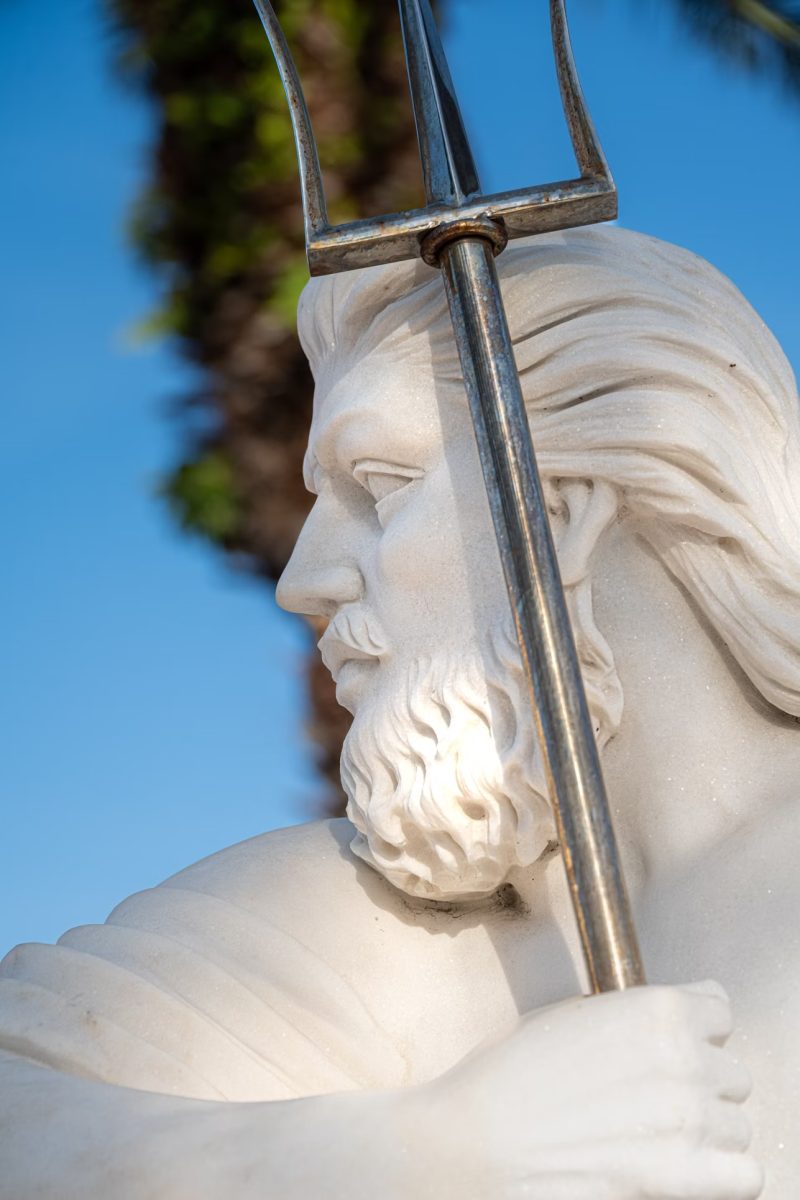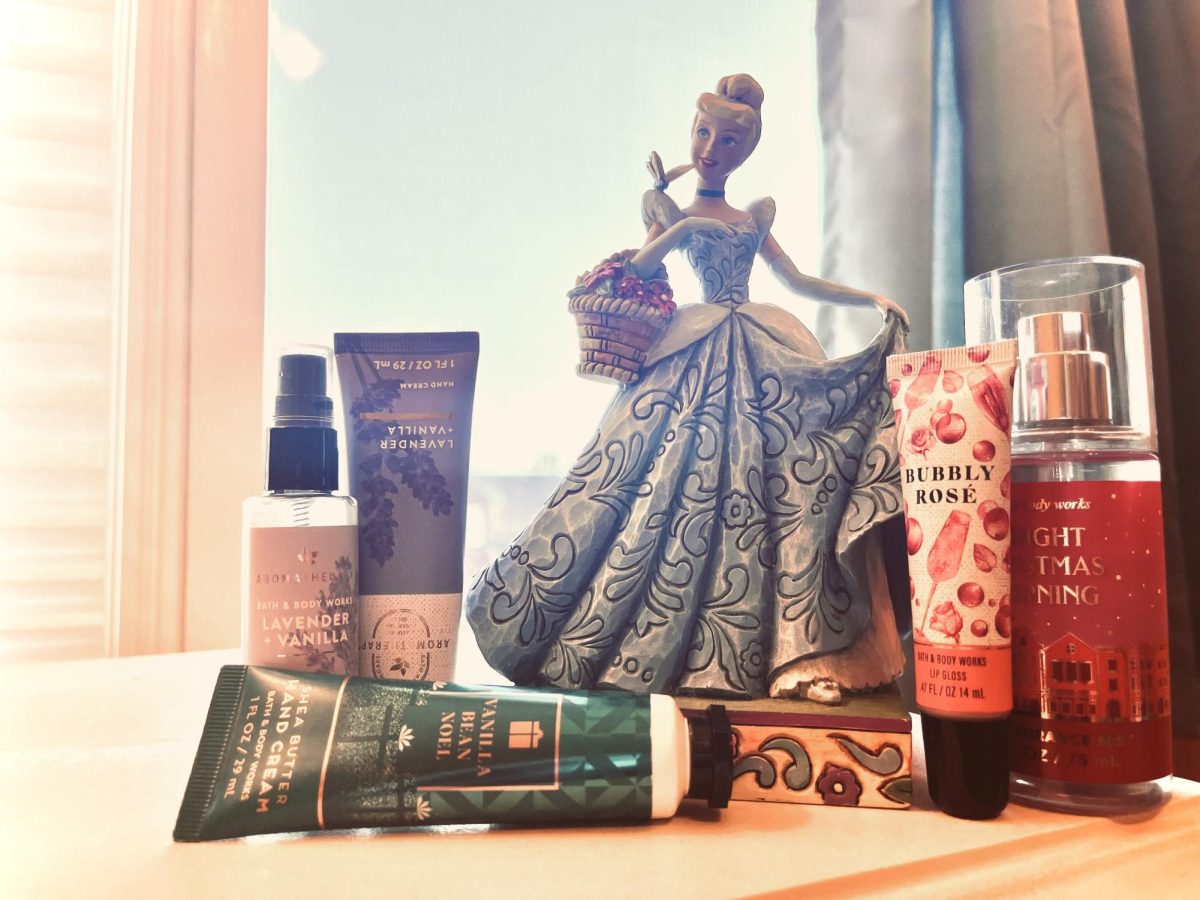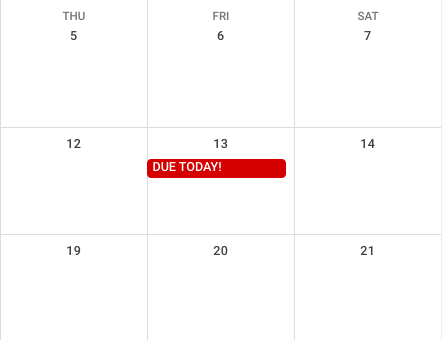As of Oct. 31, Jorge Rivera-Herrans returned with a vengeance. Or rather, he released the ninth saga in the beloved musical known as “Epic.” Consisting of five songs, “The Vengeance Saga” chronicles the last leg of Odysseus’ journey back to Ithaca. It employs a variety of tunes and visual representations to convey the climactic nature of this saga. As such, its dramatic similarities to anime and the inclusion of a jetpack left some viewers spinning in the slipstream. Thus far, there have been few, if any, qualms with the first eight sagas. However, given some fans’ bewilderment about the expressed creative liberties, did Rivera-Herrans’s newest release push a little too far?
Before we dig into the new saga, we need to start where any good story does: the beginning. It goes something like this: in the beginning, Rivera-Herrans created the musicals “My Heart Says Go” and “Epic.” Before this, however, Rivera-Herrans originally attended Notre Dame University as a medical student. He soon grew disinterested in his studies and developed a passion for musical theater. This newfound interest was further inflamed when he wrote and performed the semi-autobiographical musical “My Heart Says Go,” which portrayed the story of a medical student wanting to pursue a musical career. He began to write “Epic” in his dorm in 2019, taking much inspiration from Lin-Manuel Miranda’s hit musical “Hamilton.” While “Epic” drew heavily from Miranda’s writing in its early days, Rivera-Herran began to form his unique style and sound the more he developed the musical.
Since 2022, “Epic” has grown in both listeners and popularity. The followers are affectionately known as “winions,” nicknamed after the wind sprites in the musical. Other creatures include lotus eaters, cyclops, sirens, Scylla, sea monsters, and more. Not to mention, the Greek gods and goddesses are integral to the narrative and Odysseus’ transformation from a man to a “monster.” Rivera-Herrans has stated that he intentionally didn’t want them to make too many appearances to give the sense that whenever they showed up, it was a big deal.
Fortunately, Rivera-Herrans understands the need to maintain a sufficient pace with such a large cast, and the ensemble of characters in the story plays a large role in this rendition of Homer’s novel “The Odyssey.” The musical’s sagas focus on specific events in “The Odyssey,” working the creatures and characters into the new themes of each album. For example, “The Thunder Saga,” which consists of sirens, Scylla, Helios’ cows, and Zeus, takes on an eerily soothing tune at the beginning while additionally saturating the last few songs with the powerful voice of Luke Holt as Zeus. The juxtaposing elements may seem like they clash but do the opposite, leaving the listener fully charged for what will come next.
Not only do the albums have catchy tunes that inevitably get stuck in our heads all day long, but they pan out the events of the story masterfully. As the story unfolds with each new saga, the listener is transported into the story, watching Odysseus go from a man yearning for home to struggling with his demons to ultimately succumb to their beckoning. While the eight preceding sagas tackle this internal struggle through subtle foreshadowing and higher stakes, “The Vengeance Saga” is the culmination of all of the build-up to Odysseus’ transformation into a “monster.” However, now that his transformation has come to fruition, did it pay off, or did Rivera-Herrans push too far?
Tomi Bolarinwa, a senior at Tuscarora, was first introduced to “Epic” through clips of the concept album on TikTok. However, she didn’t fully listen to the musical until about two years ago. “I love the musical!” She declares. “‘Epic’ has brought me to realize that the human mind really does have an exponential amount of creativity.” Not only this, but “Epic” has served to “[draw her] closer to friends that [she] was not as close with before.”
As a self-proclaimed fan of all of the sagas, it came as a delightful surprise to Bolarinwa when Rivera-Herrans announced “The Vengeance Saga”’s release so quickly after the previous saga’s premiere. Her adoration of the musical and Rivera-Herran’s “musical genius,” as she calls it, was only accentuated when she watched “The Vengeance Saga”’s livestream. The livestream itself provided a playthrough of all of the sagas up until the newest release. Bolarinwa praises this practice, stating, “While I always anxiously await the new sagas, waiting for him to go through the other ones allows for me to connect any dots that I feel like I have been missing.”
“The Vengeance Saga” began with the soulful melody of “Not Sorry for Loving You.” In it, the infamous Calypso is letting Odysseus leave her island after keeping him captive for seven years. However, she insists on explaining herself and her background to him without offering a much-needed apology for her actions. With the way the song is framed, it seems like Rivera-Herran’s intention is for the audience to feel sympathy for Calypso. “If I told you I knew what was going on… I’d be lying,” Bolarinwa admits. “However, one thing I do know is that I DO NOT feel bad for her. She captured a man who was very unwilling to stay with her on the island where none of his friends or family were. I mean, I understand that she was alone and looking for friends, but… there are ways to go about it.”
Nearing the end of the song, Odysseus cuts Calypso off by claiming that he loves her, but not in the way she wants him to. While the off-kilter assertion startled us, Bolarinwa believes that Rivera-Herrans’ intention for the line was for it to be satirical. “I think this part of the song was just Jay’s humor and musical genius. He was breaking the serene/nostalgic vibes coming off of the Wisdom Saga.” Regardless, the decision to add in this line has sparked some debate among fans as they attempt to reconcile having sympathy for Calypso’s situation and finding fault in her actions toward Odysseus.
The other songs were “amazing as usual” according to Bolarinwa. Hermes’ song, “Dangerous,” is one of her favorites because of his upbeat nature clashing with Odysessus’ dire situation. This aligns with her reasoning for Hermes being her favorite character, even though the choice is tough. Ultimately, it is Hermes’ charisma that wins her vote, as she says, “I love how he just pops up out of nowhere. He shows up and sings his parts in songs, adding a little pizzazz and then just leaves.”
Despite the bubbly tone that Hermes’ presence provides, it quickly becomes overshadowed by Poseidon’s menacing appearance. The sea god only appears three times in the musical, once in “The Ocean Saga,” his debut, and twice in “The Vengeance Saga.” Despite his lack of physical presence, he has been a looming threat ever since his debut in “The Ocean Saga.” In fact, Poseidon is the lead in Bolarinwa’s favorite song, “Ruthlessness.” The implications of the song are carried out well beyond the one saga. “He’s such a powerful character and has an interestingly powerful voice that makes sense for him to be such a commanding authority figure,” Bolarinwa comments. “He does make me upset though, anytime he gets in Ody’s (Odysseus’s) way.”
In contrast to Poseidon’s first appearance where Odysseus was entirely at his mercy, “600 Strike,” their final confrontation, had an entirely different outcome. Instead of being the victim of the situation as he was before, Odysseus embraces the “ruthlessness” that he had learned to use throughout the musical, showing that he had become desensitized to any semblance of morality.
The most confusing and polarizing aspect of the new saga, however, occurs at the beginning of “600 Strike,” when Rivera-Herrans fully embraces an anime, video game style for the official animation. Within moments, the narrative jumps from Odysseus drowning to him shooting into the air with the wind bag as a jetpack, tornadoes forming around him as he begins to shout at Poseidon. Watching this part of the livestream was jarring to say the least. Bolarinwa asserts, “that made me so confused for a bit. I looked away for one second and the next Odysseus was flying…WITH A JETPACK,” she adds, “The artistic choice lays some sort of testament to the writer’s desire to … express his creative liberties.”
Fans had expressed concern about how Rivera-Herrans was planning on ending the rivalry between Odysseus and Poseidon before “The Vengeance Saga’s” release. While some took fondly to the exaggerated battle sequence, many fans were left in a daze. We also believe that his take on the final confrontation was a step down from the mood that “Epic” has been so tediously maintained throughout the previous eight sagas. While there is much to love about “Epic,” “The Vengeance Saga” has served to be a wake-up call that although we enjoy it, we won’t love every aspect of it. We continue to look forward to the impending release of “The Ithaca Saga” and see how Rivera-Herrans plans to conclude this musical that has inspired so many people. Although it may not be perfect, “Epic” continues to have a place in our hearts, and not even an ancient jetpack can take away from that.






